If you are struggling with addiction, you might consider using cognitive behavioral therapy as part of your treatment. CBT techniques for addiction can be beneficial in identifying purple thought patterns and replacing negative perceptions of yourself with more positive ones that can help you avoid relapse and look kindly on yourself no matter what your past entails.
Liberty House Recovery is the best luxury drug and alcohol rehab center in Michigan. Contact us today to learn how our addiction therapies can help you overcome substance abuse issues.
What is CBT?
Cognitive behavioral therapy for drug addiction is a therapy program that helps you identify unhelpful or flawed thoughts or thought patterns that can present psychological obstacles to your daily life. CBT techniques for addiction help you identify these thoughts and replace them with positive, helpful thoughts and thought patterns.
A central component of CBT and addiction treatment or mental health treatment is that your thoughts and thought patterns will invariably impact your behavior and action. If you only think of harmful things, that will lead to destructive behaviors. By comparison, if you’re able to think of helpful, positive things, it can lead to neutral or positive behavior.
Consider these examples:
Without CBT techniques: My boss said he wanted to talk to me this afternoon. He probably wants to tell me that I’m useless and pathetic and maybe even fire me. I might as well just quit now.
With CBT techniques: My boss said he wanted to talk to me this afternoon. I have no idea what that’s about. It might be good, but it might be bad. I’ll just have to wait and see this afternoon.
What Does CBT Entail?
Cognitive behavioral therapy for drug addiction focuses on reframing your negative or harmful perceptions. It entails individual or group therapy sessions with a trained psychologist who can help you identify your initial perceptions, those which caused distress and increased the chance of a relapse, and then reframe those perceptions in a more uplifting and realistic way.
CBT for drug addiction entails sessions 30-60 minutes long for 5-20 weeks or more. When you work with a therapist, you can decide on your goals together, and as you make progress, adjust the frequency or length of your sessions accordingly.
- During your sessions, you’ll talk a lot about how you think. This is an essential foundation of cognitive behavioral therapy for drug addiction because it helps you list what you think before, during, and after facing a problem. It can be uncomfortable to share intimate details about how you feel at first, especially if you haven’t given a lot of time to self-reflection in the past, but it gets easier as you move forward.
- You’ll figure out ways that hurtful emotions you’ve held on to have painted an inaccurate perception for you and how stress can trigger those inaccurate perceptions. Some people hold onto thoughts like “I’m not worthy of love,” “I never do anything right,” or “I’m a total failure.”
- You work through those problems by figuring out how to identify and solve them. This might include sessions where you talk about how you physically felt, may be experiencing rapid heart rate, muscle tension, or shallow breathing during a stressful experience, and how you can help with those feelings moving forward.
- You also work with a professional to figure out how to analyze your problems and use new coping skills to be more compassionate in your views toward yourself and others, use healthier self-talk, and avoid succumbing to harmful thought patterns.
What Are the Benefits of CBT?
There are many benefits to using cognitive behavioral therapy for substance abuse and other mental health disorders.
Hope
Firstly, it gives you hope. Cognitive behavioral therapy for addiction can expose you to the fact that what you think is not always accurate. When you challenge the way you think, you open yourself up to positive thoughts and new perceptions that aren’t as harmful or pessimistic.
Self-Esteem
CBT and addiction treatment can boost your self-esteem. Cognitive behavioral therapy can disrupt a pattern of negative thoughts and low self-esteem.
Relaxation
CBT can also help you learn how to respond to stress symptoms, which can help you relax.
Rational Thoughts
The most significant benefit is recognizing automatic thoughts and distortions and replacing them with something positive and transformative. This helps you identify rational thoughts instead of being overwhelmed by irrational beliefs.
What Are CBT Techniques for Addiction?
The techniques used for cognitive behavioral therapy for addiction are the same as those used in regular therapy sessions. You can expect to talk about your thoughts, go over how you respond to problems and stress, and eventually replace those thoughts with something more constructive.
Now consider these examples of CBT for drug addiction:
Without CBT techniques for addiction: Nothing I ever do is good enough, and nobody cares about me anyway. I’ll just go drink again. I am completely rejected and abandoned, but I know that alcohol will at least help those feelings go away for now.
With CBT techniques for addiction: Sometimes it feels like nothing I ever do is good enough and nobody cares about me, but everyone experiences these feelings of perceived abandonment or rejection from time to time. I know these aren’t accurate and our only perceptions and that drinking will only mask those feelings temporarily. Instead, I’m going to do a yoga class.
Liberty House Recovery Center Offers CBT Treatment For Addiction
If you are ready to start cognitive behavioral treatment for addiction, let Liberty House Recovery Center help you. At Liberty House, we can help you treat addiction and mental health concurrently with CBT techniques. Our evidence-based practice allows you to replace negative thoughts with positive thoughts, change your worldview, and set yourself up for success in overcoming your addictions. Reach out to Liberty House Recovery Center to start CBT for drug addiction.


